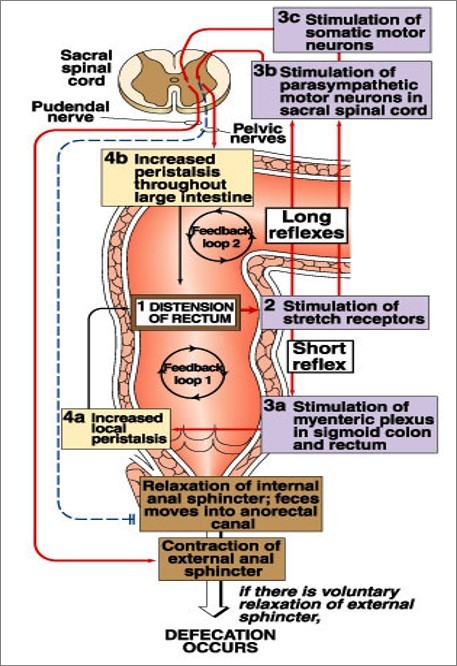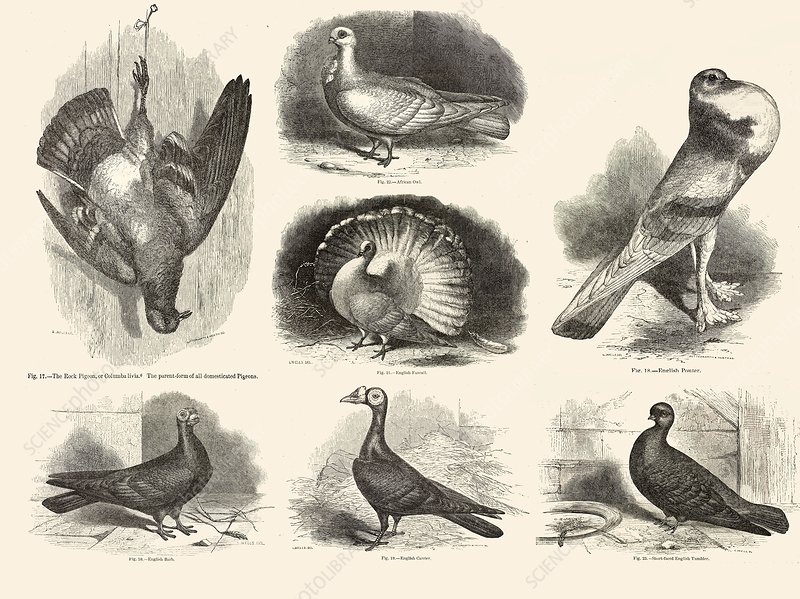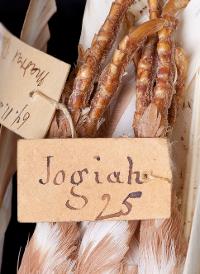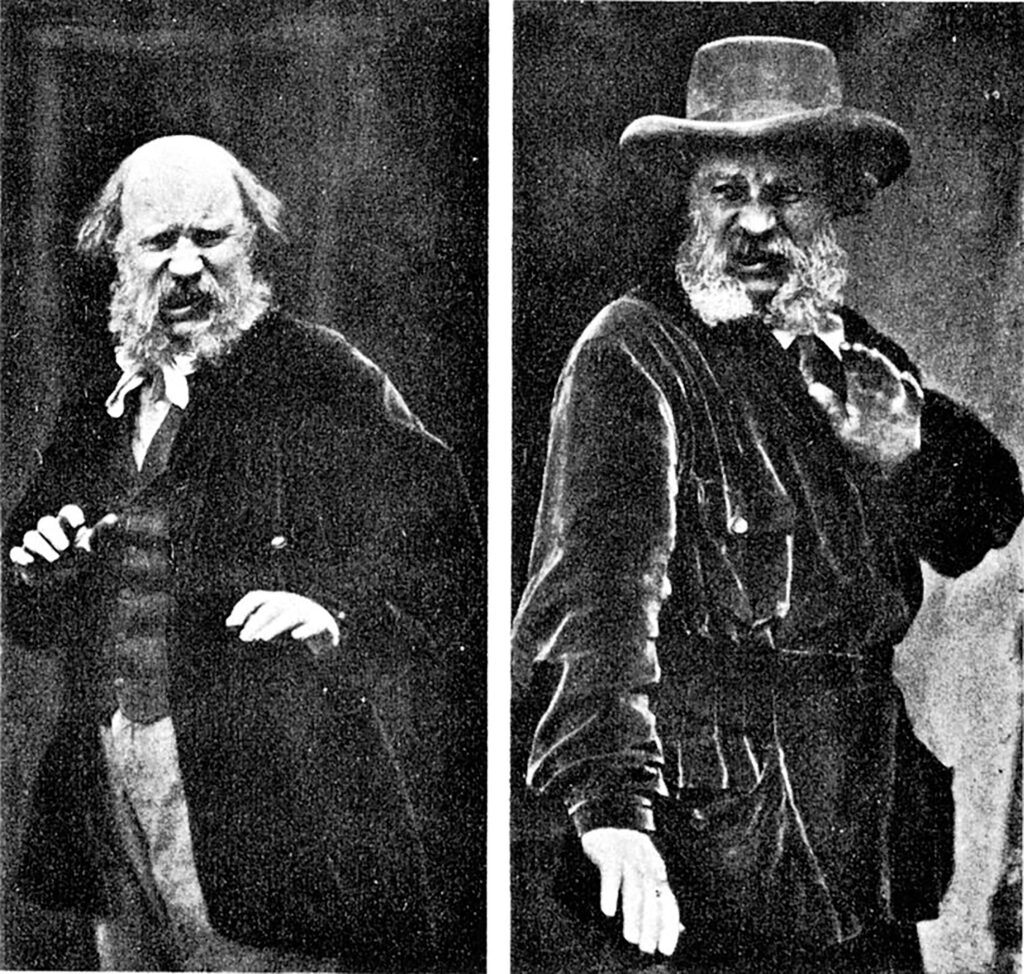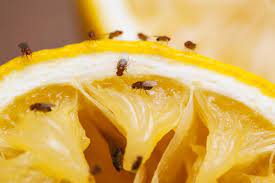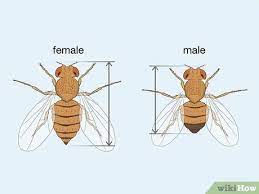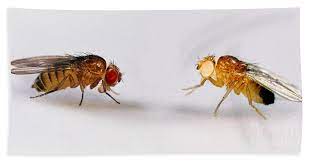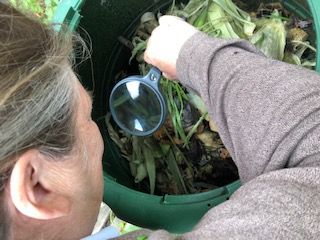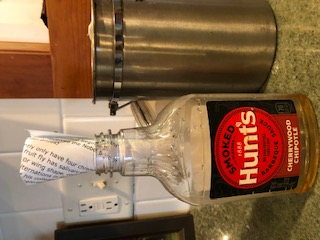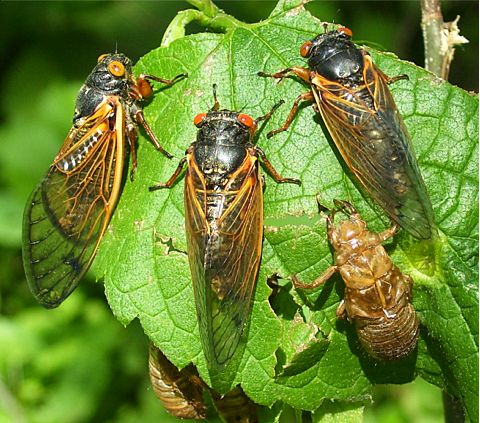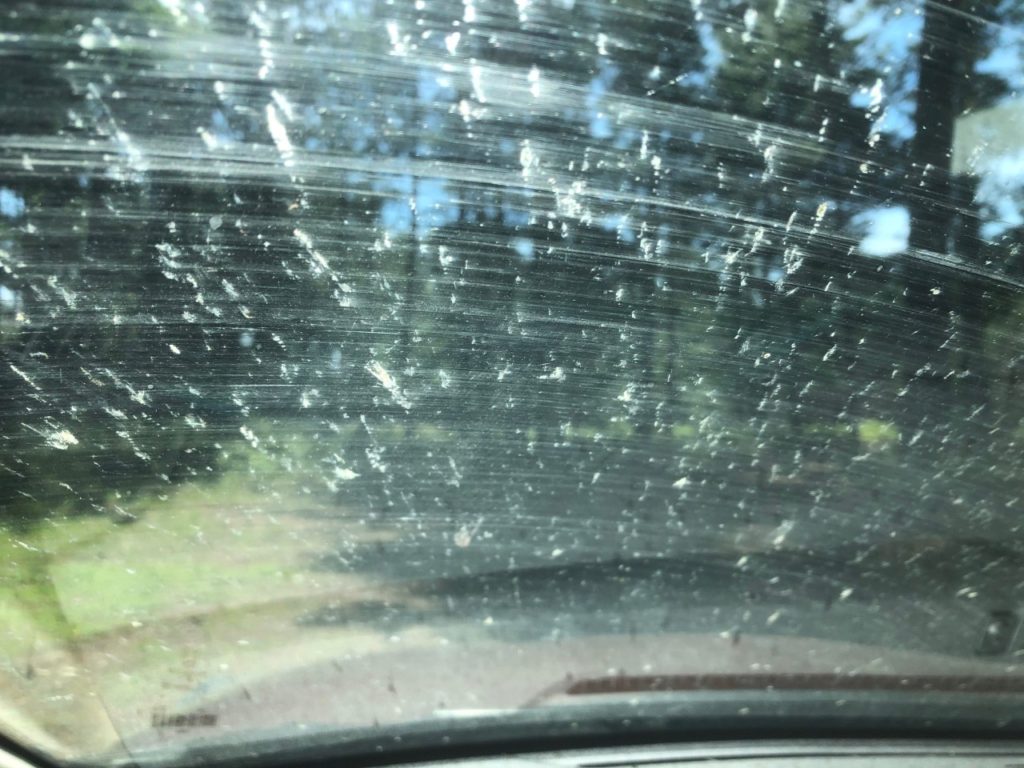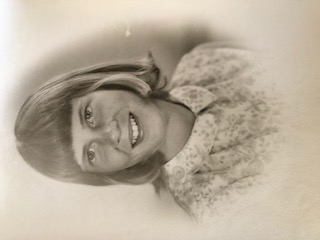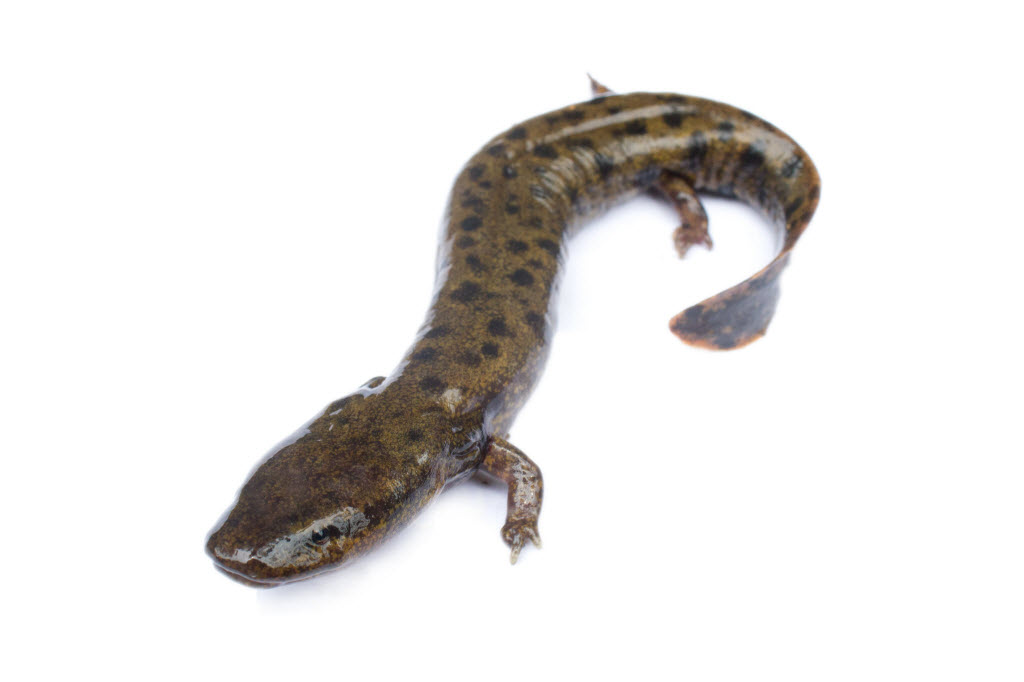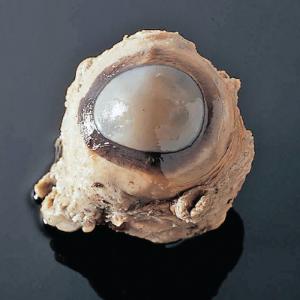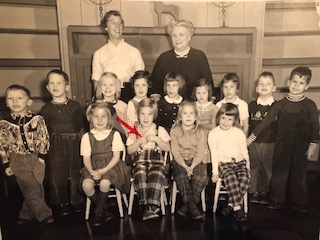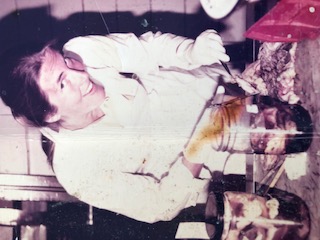John was pleased that the woman sat next to him on the commuter train, even though it was the only open seat. She could have stood in the vestibule, he thought. The next day there was a vacant seat. She wasn’t forced to sit next to him, but she did. John trembled, his pulse quickened, and he sat up straight. Nobody had ever made an explicit choice to sit next to him. He knew why.
He was ugly, a brutal
combination of the worst features of his parents – large bulging eyes and sloping
chin that barely accommodated a mouth.
His long gangly legs and arms gave him a peculiar gait. Even as a kid, he sensed that people startled
at his appearance. Besides his mother told him as much.
“Your father was not a
handsome man, but he made up for it with his smarts. You look him. You walk like him. But you’re smart
like him. You’ll be fine. You know that men are the ones who
choose, women are chosen. Your sister is the one who needs help.”
Over the years, any
extra money was devoted to tinkering with his sister Gloria – a nose job, a
chin implant for sure, and probably other adjustments done on the sly.
John accepted his appearance and considered himself luckier than his classmate
Lucy, who had a horrible stutter, or that kid a couple grades below with a
withered arm. Besides, he always made the honor roll. His mother
was right. He’d be fine, and he could
see that Gloria, who was a such a poor student, needed some upgrades.
The next day on his way
home from work, John waited on the platform as the commuters streamed onto the
train. He saw the woman approach and also noticed others turning their
heads to look at her. He supposed they were looking at her tall thin
figure, her glistening black hair, and long legs. The woman looked
directly at him and motioned for John to follow and sit next to her.
John never expected
that any woman would seek him out. The thought of dating and marriage
held no interest for him. Every birthday, Gloria teased him by asking if
he was a “leg man or a breast man.” He always said he was a breast man
since magazines and movies suggested that this was the key attribute. In
reality he had no idea what she was talking about.
Her intense stare
confused him. He was most accustomed to people quickly glancing and moving
away. He reflexively touched his nose and chin to make sure he was the
same person. He knew his mouth had a way of sagging down into a grimace,
so he tightened up his cheeks.
“I can’t believe we
keep bumping into each other,” she said. “We get off at the same station,
don’t we?”
John sat dumbstruck, staring into his newspaper, unable to fill the uncomfortable silence. As the train shuddered forward, her shoulder briefly touched his, and one foot brushed his calf. John swallowed hard and stared out the window. The crossword puzzle lay untouched on his lap.
Over the next week, she sat next to him every day. John switched his seats around, sometimes in the back, sometimes in the front, and even in the upper tier, the last place anyone wanted to sit. She always found him, so he knew that she was seeking him out. She began to sit closer to him so that their thighs touched when the train lurched. Perhaps he felt a flicker of a spark.
He summoned the courage to say the first
words.
“Hello, I’m John
Dawes.” His voice rasped from disuse.
“I’m Cecilia.
I’ve noticed that you like crossword puzzles. Shall we work on them
together?”
They started to save
the morning crossword to work on in the evening as the train inched into the
suburbs. To impress Cecilia, he bought two copies of the paper so that he
could practice during his lunch hour. It worked. She expressed amazement at
his grasp of word play.
Cecilia’s interest remained mysterious, but
now John thrilled to her touch. He didn’t question it. One
night as they pulled into their destination, Cecilia asked if he wanted to grab
a drink at the corner pub. John could only nod.
The dim light in the bar
bolstered his confidence. They exchanged basic pleasantries. She
was a biologist at the Natural History Museum, he worked in the IT department
of a financial services company. Her apartment was a couple blocks
away. When she asked where he lived, he stammered that he had a house
twenty minutes away.
“Wow, you got your own
home. Must be doing well. That’s a pricy area. I could barely
afford to rent a one bedroom. Good for you.”
John changed the
subject to the weather. He didn’t want to confess that he lived in his
childhood home. He had no idea of what Cecilia thought of him, but at age 27 he
did know that living with your mother and sister was not an asset. They
settled into a comfortable routine sitting next to each other on the train,
then going to the bar for a beer.
John began to arrive
home late for the dinner. His mother stood in the doorway, wearing her
apron, hands on hips, flummoxed by his new schedule, disrupting her precise
schedule of dinners.
“Call me when you work
late. Your dinner’s cold.”
“Mom, I’m sorry. I met a
friend on the train, and we go out for a drink.”
“A friend you met on
the train? Why don’t you bring him home for dinner? I never meet
your friends.”
“It’s a girl, I mean a
woman, a female.”
“A girlfriend?
It’s about time. Oh, thank God.” She clasped her hands in prayer
across her ample breasts, leaned back and yelled for his sister. “Gloria, guess what, our Johnny finally has a
girlfriend.”
The bathroom door
slammed open, and Gloria came bustling into the kitchen tying up her bathrobe,
her hair flecked with suds from her interrupted shower. “Who is she, what
does she look like, where does she work, has she been married before, does she
have children, does she want children?”
“She’s not a
girlfriend, she’s a girl who is just a friend. We sit around and
talk.”
“A friend who’s a
girl? What the hell is that?” asked his mother.
“Mom, it means Johnny’s
not having sex or anything. Right Johnny?”
He nodded, and
wondered, not for the first time, why sex had to be so important. He only
wanted companionship from Cecilia, but the last time on the train, she put her
head on his shoulder. Her other touches could be construed as the result
of random lurches in the train. When they worked together on the
crossword, their thighs were plastered together along their entire length, but
you couldn’t share the crossword without sitting close together, could
you? But Cecilia’s head on his shoulder was so deliberate that John was
sure she wanted more.
“Well at least it’s a
start, ’bout time.” Gloria turned and tromped back to the bathroom.
The next day at the bar
Cecilia said, “Hey why don’t we order dinner. Let’s split a burger.”
His mother was pacing
in the kitchen when he got home. “What’s going on? I cook for you
and now it goes untouched. Bring your friend here for
dinner.”
At the bar, he’d
noticed other diners looking at him, probably wondering, just like him, how
such an ugly man could attract such a woman. He reveled in those
moments. He imagined people were thinking, “he must be a really
interesting guy, there’s no other reason she’d be sitting with him.” Even
so, he kept putting his mother off. He couldn’t bear the thought of her
peppering Cecilia with questions about marriage and children.
“A friend who is a
girl,” she sputtered, “never heard of such a thing. It’s time you thought
about starting a family. You’re smart. You’ve got a good job.
What more could a girl want? That was enough for me.”
Over the next week, John
and Cecilia worked their way through the bar menu, often sharing an appetizer
and an entrée. They talked of their ambitions. She wanted to go
back to school and get a PhD in biology, he wanted to start his own IT
consulting business but didn’t know how.
“Oh, I can help you
with that,” she said, “We’d make a good team.”
This must be another
sign of a relationship, thought John, indisputably confirmed when she squeezed
his thigh.
“Let’s go back to my
place, finish the evening with some wine? Okay with you?”
He flushed as Cecilia
cradled her hand in his. She moved in closer, her lips brushing his
cheek. “What the hell,” he thought. “I might as well give it a
try.” He had no idea what might come next but felt his slight flicker of
a flame burn brighter. He was willing to be surprised.
“Hear that sound?” she
asked as they walked along. “That’s Brood XIII of the 17-year
cicadas. Have you ever lived through a cicada
summer?”
He shook his head and
let her keep talking. “The nymphs emerge from the ground after a 17-year
hibernation. They quickly molt into
adults that crawl up the trees and mate. Nobody knows why the cycle is 17
years exactly and how they keep track of time, but you’ll see, in a couple of
weeks, there’ll be millions coating the trees. After they mate, they die
and fall to the ground. They crunch when you step on them.
Here’s my apartment. Come on up.”
She led him through the
small kitchen and living room and out onto her balcony. “This is my
second cicada summer here. I was about 12 years old for the first one, so
I couldn’t take full advantage. Now, I figure I’ve got three or four
Brood XIII’s left in my lifetime, got to make each one count. This is a
biologist’s dream. Do you hear that thrumming noise? It’s just
starting. That’s the sound of pure
sexual energy. It will last a month a
more. This will be an exciting month.”
As he strained to hear
the noise, she stroked his arm, clasped her leg around his, unbuttoned his
shirt and pulled his head down for a probing kiss. She led him into the
bedroom, ripped off his clothes, climbed on top and took over. He was pleased his anatomy functioned, but
beyond that he was unimpressed, confused as to why people made such a fuss
about sex. Cecilia climbed back on top. By the third time that night his flickering
flame had erupted into a blazing torch. He joyously succumbed to the
ancient forces of lust and blind passion.
The two became
inseparable. Cecilia constantly called him at work and sometimes showed
up unannounced. Once she insisted that they take a long walk in the woods
where they joined the cicadas in their sexual orgy. When he returned to
work several hours later, he basked in the knowing looks from his colleagues. One leaned over his cubicle to pluck crushed
leaves from his sweater. And then his hair.
He abandoned his usual
summer wardrobe of short sleeved shirts.
Long sleeves were required to hide the bitemarks on his arms. His work
colleagues commented on his odd choice of turtlenecks in the middle of summer,
but he needed something to cover his vivid array of ripening bruises. The bathroom became the venue for their most
acrobatic performances. Some were
frightening. Cecilia liked John to
struggle and thrash his way out of her tenacious embrace. One time he staggered backward and smacked
his head on the sink. The tender knot
lasted for more than a week. He didn’t
care. Fear transformed his pleasure to rapture.
One evening they went
to an outdoor symphony concert. The lawn was deserted; nobody wanted to
sit among the cicadas. Their thrumming drowned out the music.
Cecilia was delighted by the sparse crowd and spread her blanket beneath the
coated branches of a maple tree.
“Don’t move” she said.
“I can feel them coming up underneath us.” She was right, the blanket
burbled and quivered as the seething mass of nymphs emerged.
She peeled back the
corner of the blanket to look for the exit holes as they struggled to the
surface. “Look at this one, it’s halfway through its molt.” She
used her long fingernail to peel the covering off the emerging adult.
Once the cicada spread its wings, she tenderly carried it over to the tree
trunk and reached up as high as she could.
“John, can you help me
give this cicada a boost? Help him get started farther up. He needs
to get moving if he wants to mate. He’s
only got a couple of weeks left.” John held the cicada gingerly between
his thumb and index finger as he looked into their bulging red eyes. He struggled to appreciate the creepy and
prehistoric beauty that so inspired Cecilia.
Cecilia’s interest in
cicadas intensified as the thrumming reached its peak. She started every
day by playing a recording of the landscape service mowing the parkway. The cicadas mistook this sound as a mating
call and were attracted to Cecilia’s outstretched arms. Dozens landed on her arms as she played the
recording in a continuous loop.
John didn’t share her
enthusiasm for cicadas, but he feigned interest to make her happy. It wasn’t hard. All he had to do was
smile and nod when she talked about cicadas.
Moments later they would be breathlessly pawing each other. She
didn’t talk about anything else and she talked constantly.
John told his family
he’d found his own apartment, though he suspected his mother knew he was living
with Cecilia. She began to call him every day, insisting that she be
introduced to his new friend. He knew a meeting was inevitable, but Cecilia
kept putting him off. “You’re all I want. I’m not ready to
share you.”
Finally, he got her to
agree to a luncheon. Cecilia insisted on a restaurant that had a large
patio beneath overarching elms.
“Do you really want to
sit outside under the trees? The cicadas are so deafening my mother won’t
be able to hear.”
“But they’re beautiful
and we won’t have another chance for 17 years,” she said.
His mother’s and
sister’s eyes widened when he introduced her. He wasn’t surprised, he had
come to appreciate Cecilia’s cropped shirts and taut skirts. John just
wished she hadn’t kept stroking his leg while she prattled on about cicadas –
the significance that the 17-year cycle was a prime number, the total weight of
dead cicadas accumulating around them, and the sounds they made.
“It’s hard to notice
but they make two different sounds,” said Cecilia. “The male makes that obvious droning noise
with special vibrating organs called tymbals.
With a magnifying glass, I can sometimes see them underneath their wings. The females are harder to hear. They don’t have tymbals, they snap their
wings back and forth. If you listen
closely you can hear this.” Cecilia made
a clicking noise with her tongue. “The
wing clicks signal that the female is receptive. She’s pumped and prime, ready to mate.”
John didn’t like the
direction of this conversation. Cecilia was
poised to give a first-hand account of the pulsating sexual energy the two of
them shared with cicadas. He was relieved when a cicada dropped into her
mother’s soup, distracting Cecilia. Its
delicate legs dimpled the surface of the bisque. Cecilia extracted it,
the golden liquid coating the wings. A pendulous drop hung briefly from
one of the cicada’s wings. It stretched and then fell, splotching her
silk shirt. She didn’t notice.
“Isn’t this
lovely? Have you ever seen anything like it?” Cecilia asked, thrusting
the cicada towards John’s horrified mother. “Did John tell you? I’m
collecting cicadas. They’re a terrific source of protein that shouldn’t
be wasted. I put them into my bird
feeder.” She pulled a Tupperware container from her purse and popped the
soggy cicada in.
Another cicada landed
next to Gloria, who shuddered and pushed her chair back. Cecilia picked up
the cicada and balanced it on her arm. “Cicadas don’t bite, they just
suck juice from tree sap. The like to lick the salt off my arm. There’s nothing to be afraid of. Their
little feet tickle. “ Cecilia
giggled. “Give it a try, you’ll like
it.”
John was used to this
behavior, but it had always been just the two of them. Now he realized it
could be off-putting to the less motivated, but he also knew that when
Cecilia launched into cicada stories, he couldn’t stop her, nor did he want
to. He couldn’t wait to get back to their apartment.
Cecilia tried to place
the cicada on Gloria’s arm, but she’d had enough. She pushed her chair
back, “I’m sorry. I’ve gotta leave. Now. It was lovely to meet
you. C’mon Mom, let’s go home.” Cecilia had taken her magnifying glass from her purse and was
staring at the cicada on her arm. She didn’t
notice them leave.
John tried to talk with
her that night. “Cecilia, I’d really I’d like you to get to know my family, it’s
important to me, but it’s hard when you’re so obsessed with these bugs.”
“They’re not bugs, they’re
cicadas. They’re marvelous
creatures. Here help me sort them.”
John took the magnifying
glass and examined their genitalia the way she’d taught him. The males with the dome shaped abdomens went
into one bin, the females with the pointed abdomens in the other. “Why do you want to sort them anyway?”
“It’s an
experiment. I want to see if there is an
exact 50:50 ratio of males to females.”
“Why wouldn’t there
be?” Cecilia didn’t answer. “Never mind, but I do need your
attention. Please, can I have just a
moment of your time?” She still hadn’t
looked up. He pressed ahead. “How about another luncheon with my family in
the fall? It would probably be more
relaxing when all this racket dies down.”
“It’s not a racket,
it’s mating. They live underground for
17 years and only see the light of day for about a month and then they die. Don’t you think they deserve their moment in
the sun?”
Cecilia grabbed a
handful of cicadas with one hand, with the other she stroked John’s abdomen and
clicked with her tongue. John knew what
this meant, but he was ready to take a break.
An afternoon of uninterrupted sex had left him raw and bruised. He broke away from Cecilia’s ministrations
and headed to his mother’s house. He
needed to explain Cecilia’s fascination and that the fall would be a better
time to get to know the real Cecilia.
His mother brushed her behavior
aside.
“It’s you I’m worried
about. It’s not the cicada thing, like
you say it’s every 17 years. I’ll be
dead the next time they come back, so it’s not my issue, is it? All I want is to see you happily married. I want you to give me some grandchildren. But is she right girl for you? It’s
that she’s so pretty. Don’t you think you’d be better matched with
someone, I don’t know, someone who…”
“Mom, what are you
saying, that I should try to find someone who shares my same scale of physical
beauty?”
“Yes, that’s it
exactly.”
“I’ve heard what you’ve
said about me, that my eyes stick out, that my scrawny legs make me walk
funny. Your words exactly. But
guess what, Cecilia likes the way I look.
I can’t explain it, but why does it matter? Maybe it’s
pheromones.”
“What are those?”
“I don’t know, it’s an
odor that floats in the air or something, it causes an attraction that can’t be
explained.”
“I don’t smell
anything.”
“That’s just the point,
there’s no explanation. Who cares anyway? You always tell me that
men are the ones that choose. Yeah, so Cecilia chose me first, but I chose
her right after. And here’s something
else. We have sex, a lot of it.”
She flattened her hands
over her ears. “John stop that talk. Right now. We don’t talk
about sex in this house.”
“Guess what else, I’m
really good at it. Maybe that’s what Cecilia finds attractive. You
should be happy for me.”
“Stop, stop. I
can’t be hearing this.” She flustered out of the room before John could
tell her his other revelation, that the combination of sex and fear are
exhilarating, propelling pedestrian pleasure to celestial
rapture.
The thrumming subsided over
the next week. So did Cecilia’s sexual
appetite. Conversation dwindled. Cecilia
had always done most of the talking, mostly about new positions and feats of
sexual agility. John tried to engage
her, but their exchanges consisted of perfunctory discussions of schedules and
grocery lists. Cecilia began to sleep on
the living room couch. Their libidinal torches subsided to a flame,
then a flicker and then nothing. It was
over.
She disappeared in the
fall. Packed up all her clothes and took off without any goodbyes or a note.
Her cell phone was disconnected and when John went to find her at the Natural
History Museum they’d never heard of her. He stayed in her apartment in
case she came back. When the lease was up at the end of the month, he
renewed it.
John was not unhappy to
return to his old life of work and a few close friends. He didn’t miss Cecilia and he didn’t miss the
sex. He assumed that the pheromones had simply dried up and blown away. His friends encouraged him to use an online
dating app, but he wasn’t interested. He didn’t care if people thought
that, as a single man, he was probably gay. He assumed that he was
asexual, or that it took a special woman to torch his libido. If it
happened once, it could happen again. He could wait.
He told his family
things hadn’t worked out. His mother patted his hand and said, “I’m so
glad you’re happy on your own, I mean with your own apartment and all.
You don’t need a looker. They’re more trouble than they’re worth. I’m
glad you got out before it was too late.
You need somebody steadier, someone you can have children with.”
For years he still
found scattered cicadas in the apartment, one wedged deeply in the couch
cushions, one behind the washing machine, another in the toaster tray. He
kept one cicada on his bathroom counter as a memory of his cicada summer. Occasionally he’d get a postcard from
Cecilia, always in the summer around their anniversary, always from a different
place in the United States, always promising to see him again “sometime
soon.” She never included a return address.
One day John noticed a
cicada tapping against his bathroom window.
His hand jerked and he cut himself shaving. Blood dripped down his
neck. He picked up the cicada from the counter and held it up in front of
the mirror next to his face. He shuddered at the similarities – his
bulging eyes, red rimmed from spring allergies. The pattern of his
trickling blood matched the veins in the cicada’s cellophane wings.
“Oh my God,” he
said. “I look like a cicada. I’m a human cicada.”
The phone call finally
came. “Hello John, it’s Cecilia. I’m
back. Are you ready for me? It’s our summer again.” Her tongue
clicked twice.
“Where are you?”
John shook off his long hibernation and reveled in the ancient pulse of the
thrum. #
Follow Liza Blue on:

Share:





